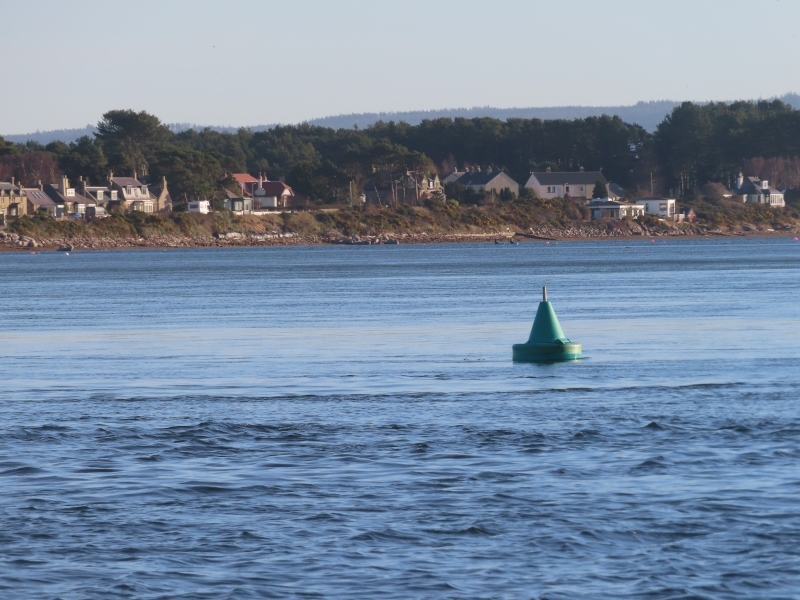If we take on a personal injury claim for you and it’s not covered by legal aid, it’s most likely we’ll deal with your claim “no win-no fee”, which includes us taking out an insurance policy through a company called ARAG.
ARAG are in the business of providing consumers with legal expenses insurance.
It is the largest legal expenses insurer in the world.
There are 2 types of legal expenses insurance:
- Before the Event (BTE) insurance; and
- After the Event (ATE) insurance.
BTE is a more traditional type of insurance.
It’s the sort of thing that you would take out usually as an add-on to a car insurance policy or a house insurance policy. The insurance will cover the cost of legal advice for a legal claim if you need to make one.
ATE is very different to most normal insurance.
The use of the word “After” alone is somewhat odd.
In other words, the event giving rise to the claim and the need for insurance has already happened by the time you take out the insurance.
Intuitively, you might that “after” is “too late” to take out insurance for a personal injury claim but it isn’t.
So, for an ATE insurance situation, someone has a legal dispute – how does ATE insurance help?
It could arise from a road traffic incident or alleged clinical negligence – or relate to contract or employment.
The person with the dispute goes to a solicitor. If the solicitor thinks the claim arising from the dispute has a better than even chance of success (“reasonable prospects of success”), they may investigate whether ATE insurance can be obtained.
What the ATE insurance covers is the risk of you losing.
It covers the risk of your claim failing.
It covers what lawyers and insurers refer to as “adverse costs risk”.
In other words, ATE insurance covers the possibility that you will lose the court action you may have to raise to pursue your claim and, as result, have to meet your opponent’s legal costs or expenses.
In addition to the opposing side’s costs, ATE insurance usually also covers your own side’s disbursements (aka outlays). Examples would be:
- the cost of an expert orthopaedic medical report in relation to your road traffic accident personal injury claim; or
- the cost of a report from a consultant obstetrician in a medical negligence claim relating to injuries sustained at birth.
ATE insurance does not usually cover you own solicitor’s legal fees – but they will generally have taken on your claim on a no win- no fee basis. Your solicitor will not be expecting to get paid for their work if your claim fails.
Fundamentally, what ATE insurance allows you to do is have access to justice.
In a personal injury case or a clinical negligence case, the ability to fund the claim via ATE insurance will often be the difference between the claim being able to proceed or not. Most claims involve significant outlays such as court fees and expert witness fees.
The other strange thing about ATE insurance is that usually the premium is not payable unless you win. So, you pay the premium out of your damages/compensation rather than up-front.
An insurance policy that is free of charge, if your claim fails!
ARAG was set up in Germany in 1935 and its head office is still there – in Düsseldorf.
It now has bases in 19 countries, including Australia, Canada and USA (and much of Europe).
ARAG UK was set up in 2006.
ARAG has about 4,500 employees worldwide, about 200 of whom are in the UK. It is still an independent, family-owned company.
The ethos behind ARAG has always been to allow everyone – not just those who can afford it – to assert their legal rights.
ARAG remains committed to the idea of equal opportunities for all in accessing justice.
How we can help
You can find out more about Grigor & Young / Moray Claims’ approach to running no win-no fee personal injury claims with the help of ARAG ATE insurance in this separate article on our Moray Claims website.
In most cases, the firm absorbs the cost of the ATE premium and instead charges a Success Fee of 10% (including VAT) of your compensation as our fee for the successful work we have carried out (on the basis that we have taken a risk in running your claim no win-no fee – because we may end up receiving no payment for our work – and so we should get a “bonus” in the event of a successful outcome).
If you have any questions about the best way to fund a possible personal injury compensation claims or about our personal injury claims services in general, feel free to send us a Free Online Enquiry via this website.



 Your Will as a way to help a Moray children’s charity in May 2024
Your Will as a way to help a Moray children’s charity in May 2024